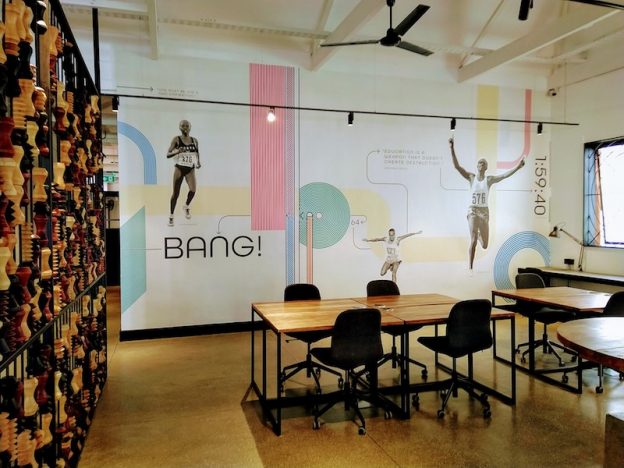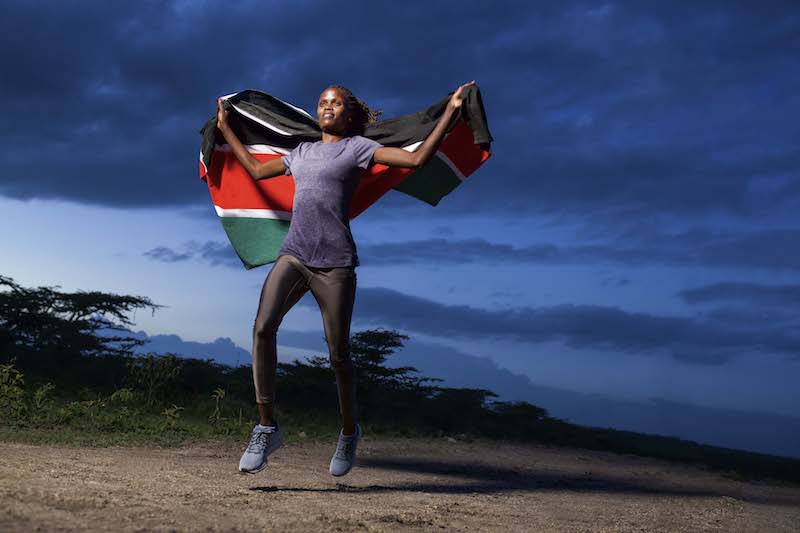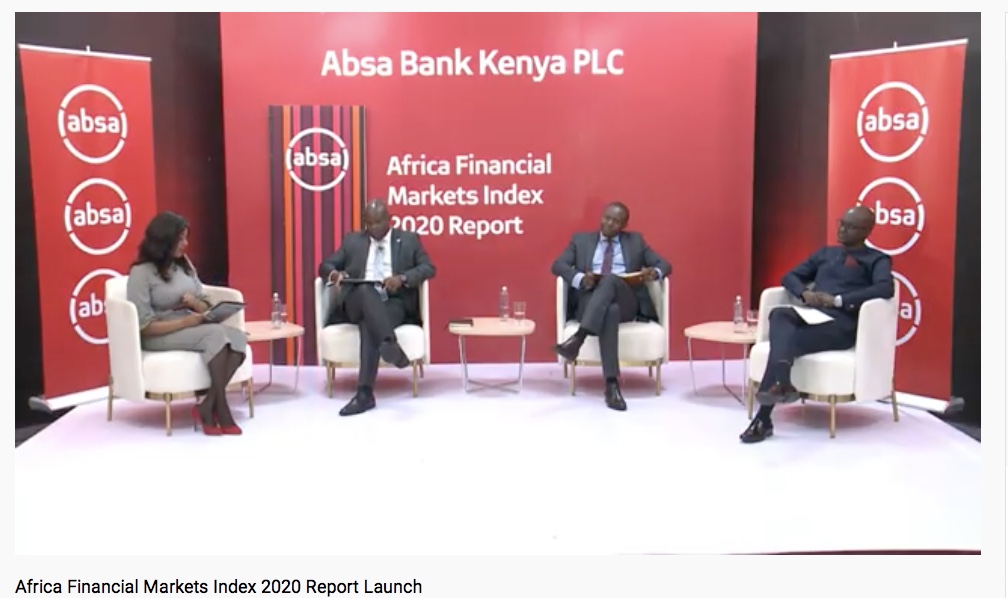This week at Eldoret saw the opening of Kikao64, a unique and modern co-working spaces for local entrepreneurs and businesses that will have a regular series of knowledge sharing and networking events around innovation, startups, art, sports, lectures, and film.
Albert Boreto, the centre Director, said Kikao64, will invite professionals to advise on company registration, tax, legal, accounting and web development services. Kikao64 has 100 desks (80 ‘hot’ and 20 dedicated ones), private offices, private meeting rooms, and good Wi-Fi across a large space of shared workspaces. The desks are available for Shs 750 per day or Shs 4,000 a week or Shs 16,000 per month, and to connect with existing community initiatives, the space has a 50% discount for nonprofits, athletes and startup businesses, while and others who sign on through the end of April 2021, can get discounts of 25%.
Speaking at the launch of Kikao64, the Governor of Uasin Gishu County, Jackson Mandago, said his administration was proud to be associated with the Kikao64 shared working space that embraces technology and enables people to work in the new normal of Covid-19. He confessed that he had been thinking of something similar, but the new space was better and well-situated, with good ambience, and he hoped it would become a famous meeting spot in Eldoret as others like Barnegtuny Plaza.
He said many people wanted to start businesses and two main problems they faced were office space and internet and these had been solved by Kikao64 for about Shs 2,000. He appreciated the need for fast internet for as, while trying to promote the government’s AGPO (Access to Government Procurement Opportunities), some young business people had been previously knocked out from opportunities as they were not able to completely upload procurement documents due to poor connectivity.
The site was an old run-down place building before its founders embark on renovating it with a unique design into a conducive place for people in the Eldoret area. The transformation process was delayed for a year by Covid-19 and the redesign added on safety aspects like spacing between desks and hand wash stations.
Kikao64 also has a garden that can host events, meeting rooms private phone booths, a small library with new, business and bestselling books, a coffee shop, and private parking. It is open from 8 a.m. to 7 p.m. between Monday to Friday, and from 9 a.m. to 6 p.m. on weekends and holidays.




